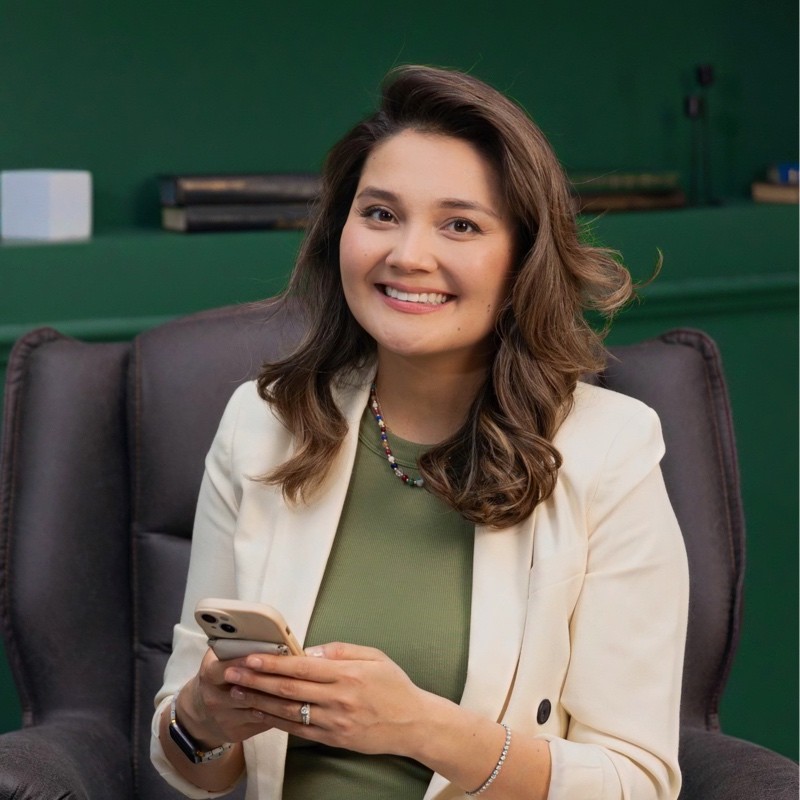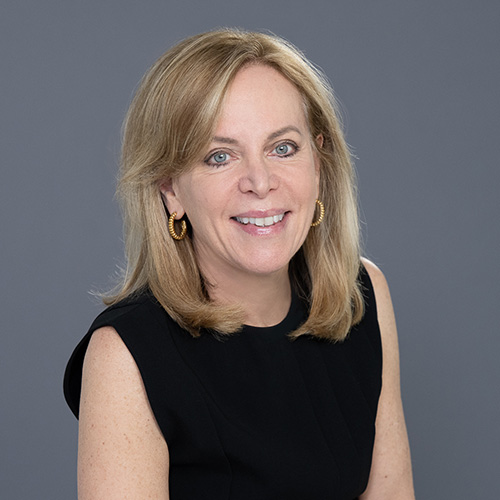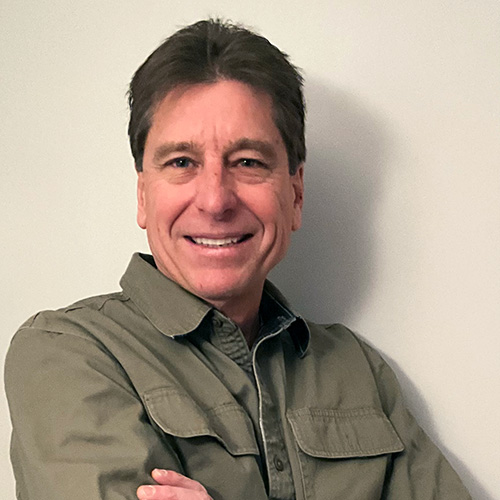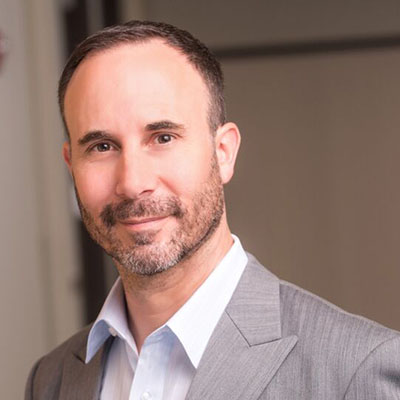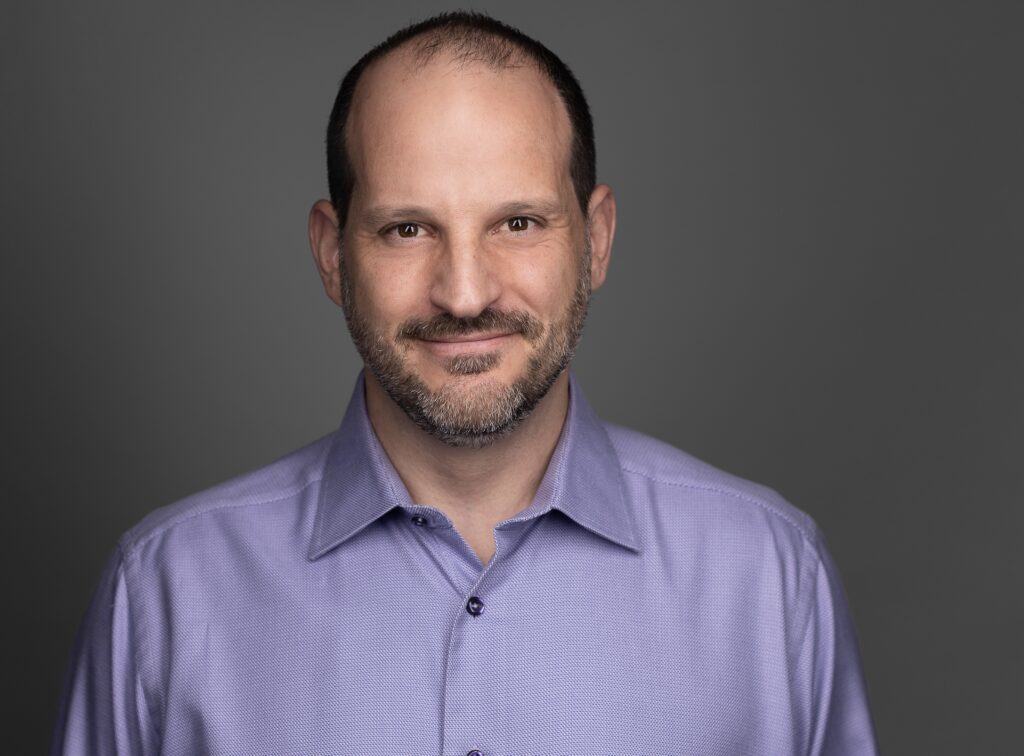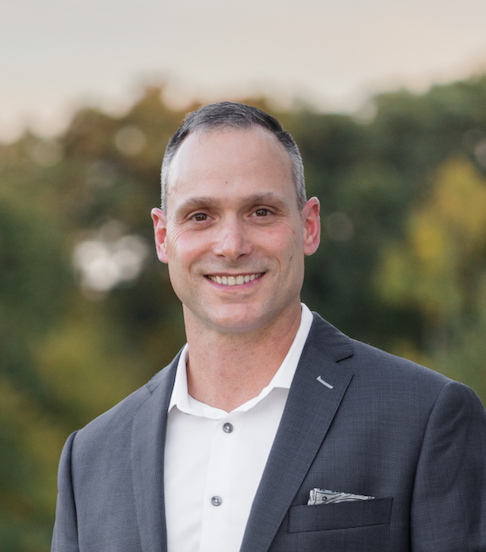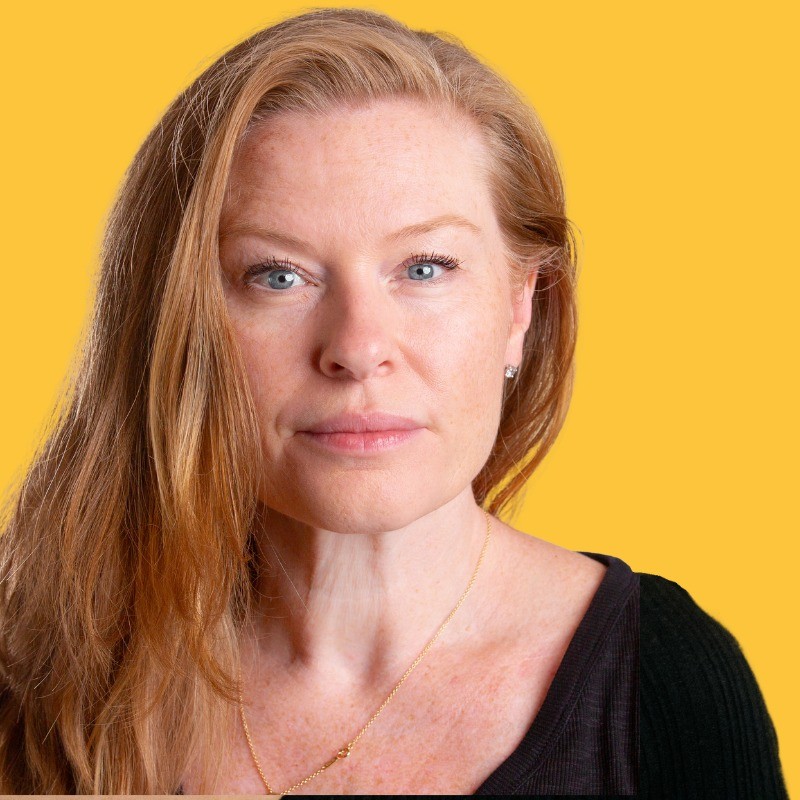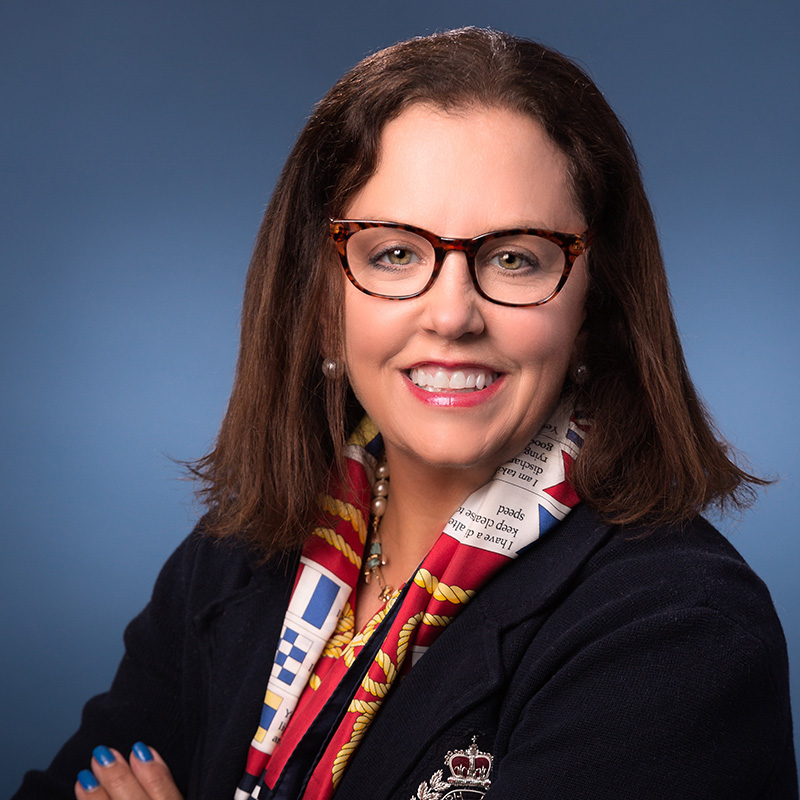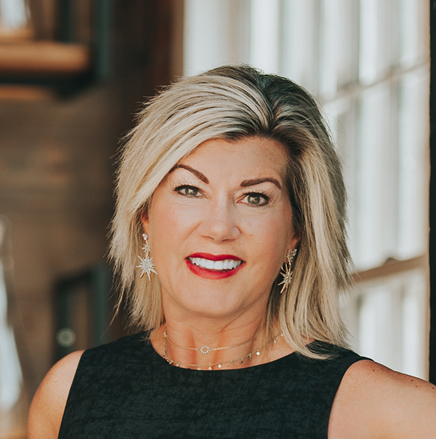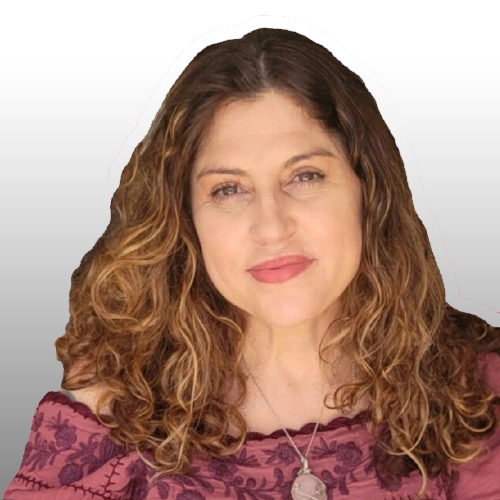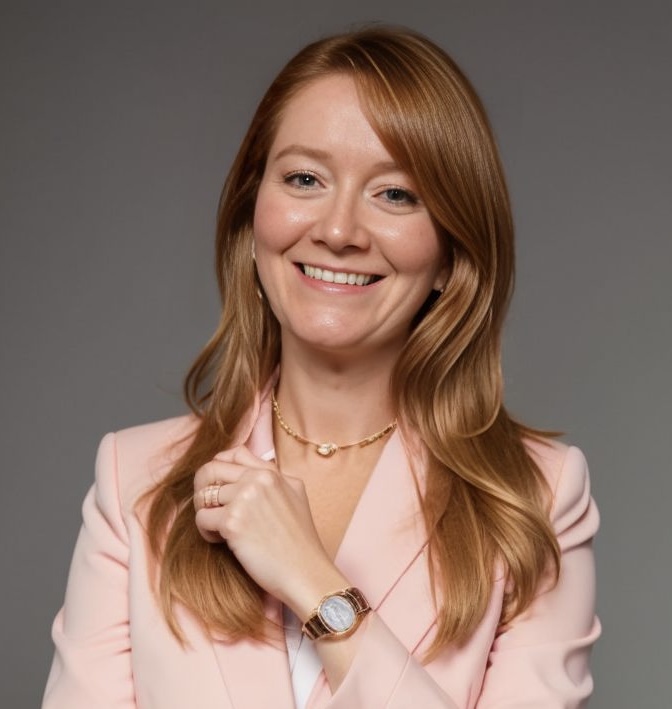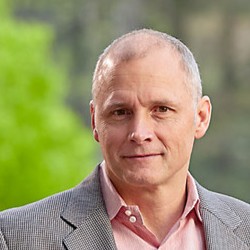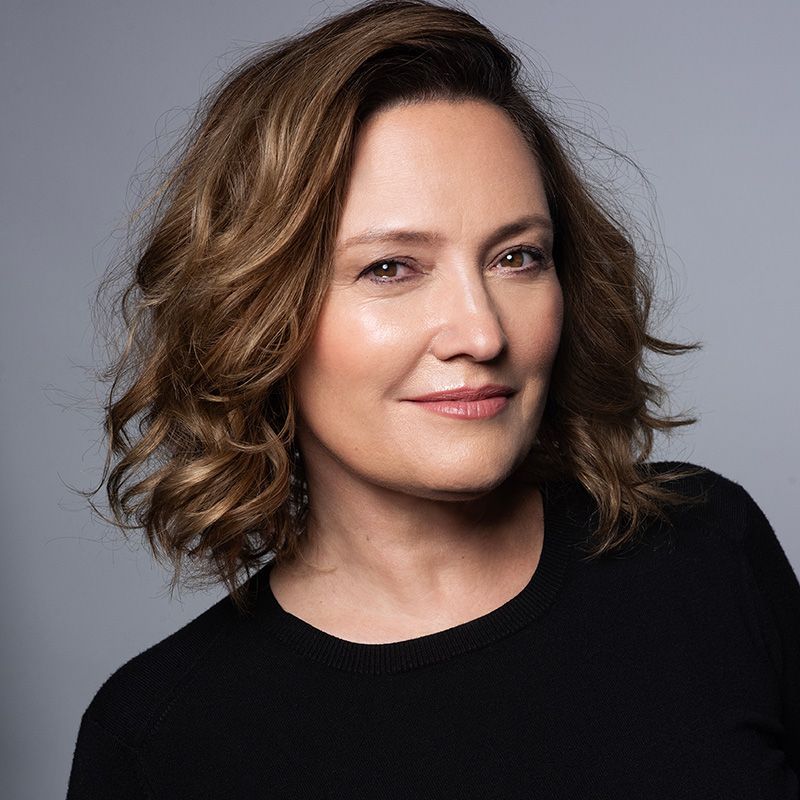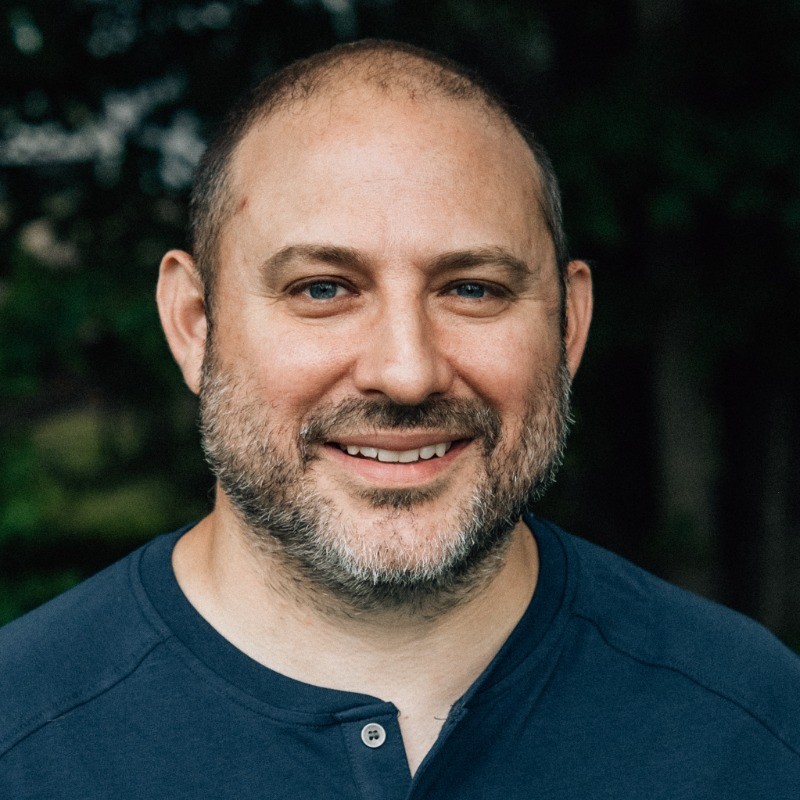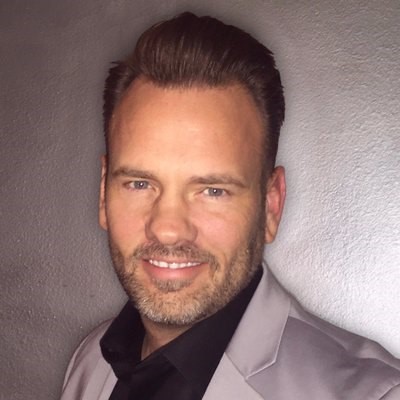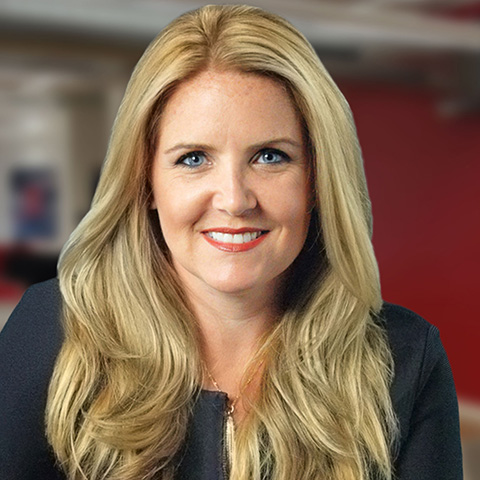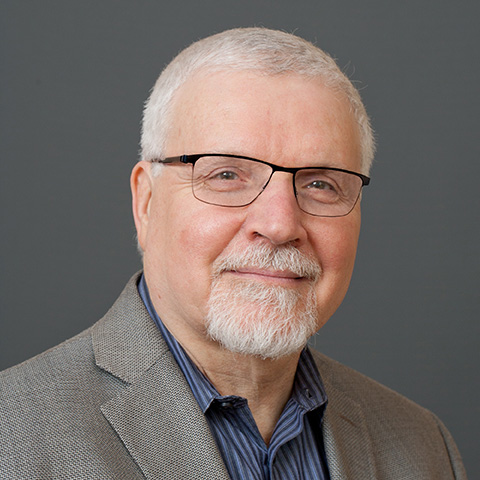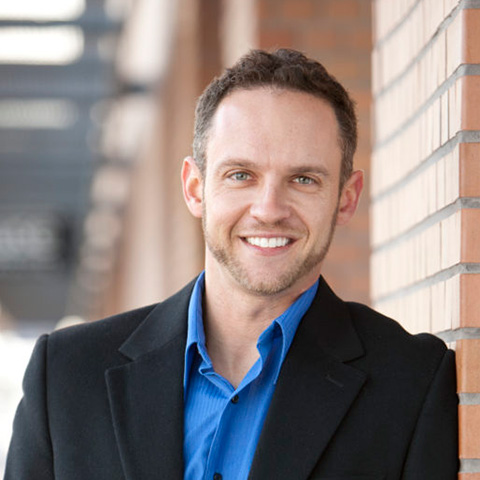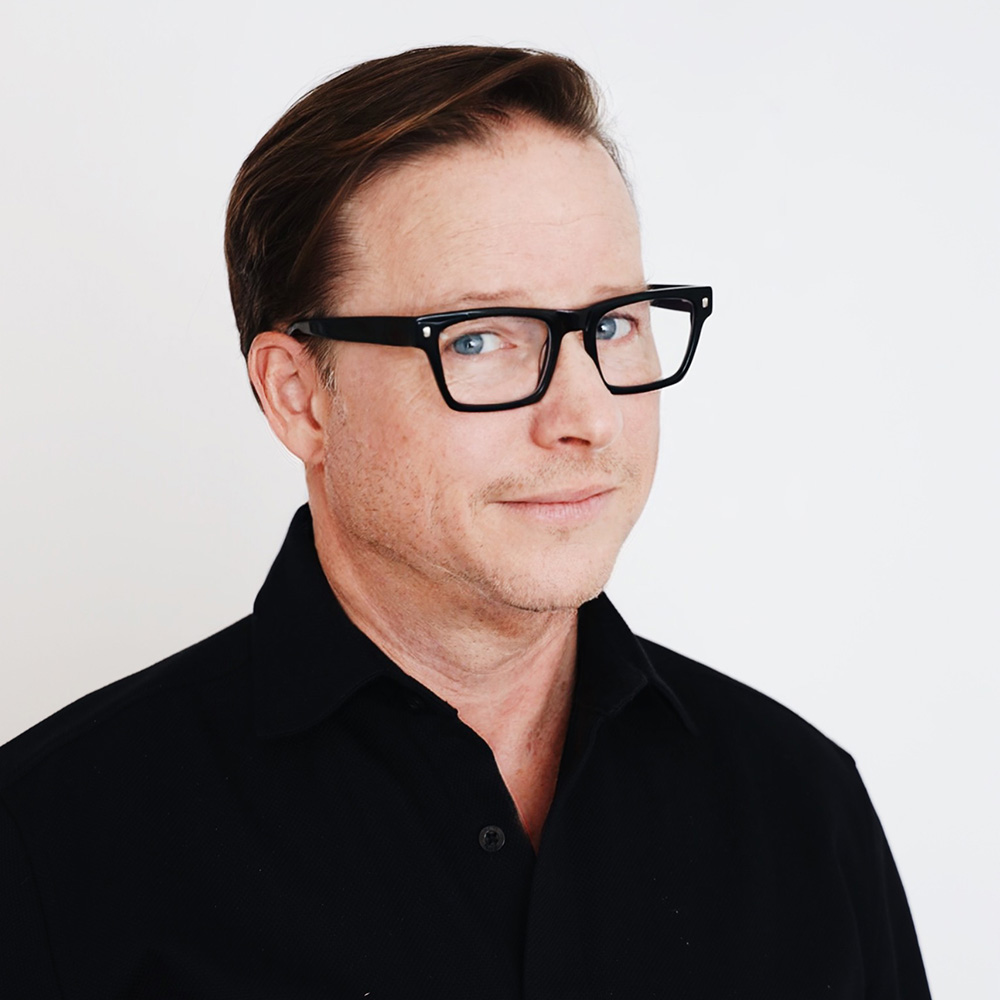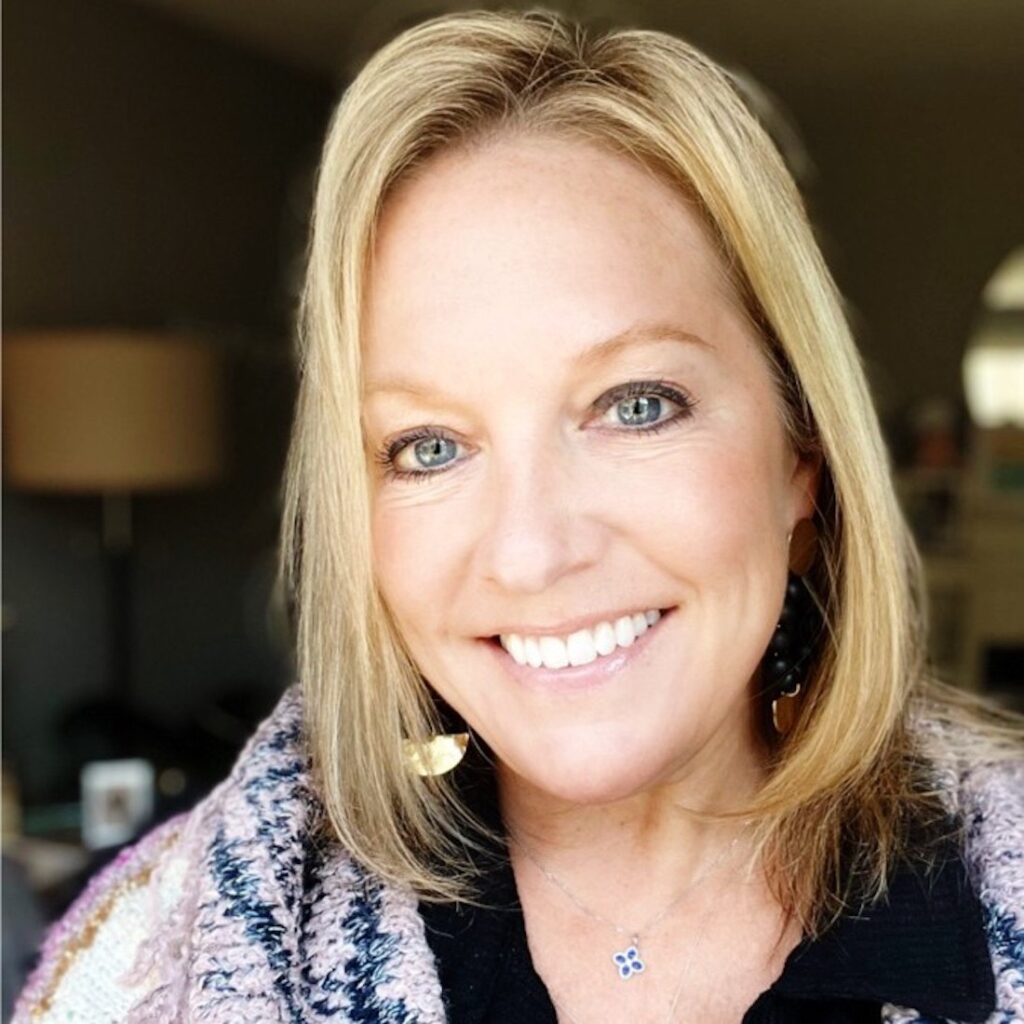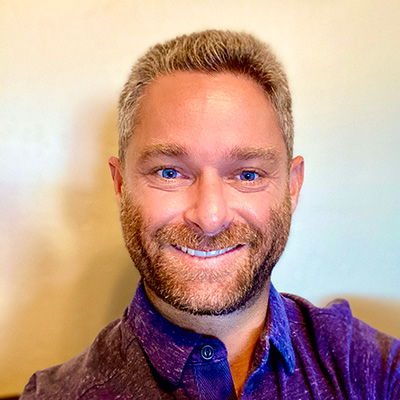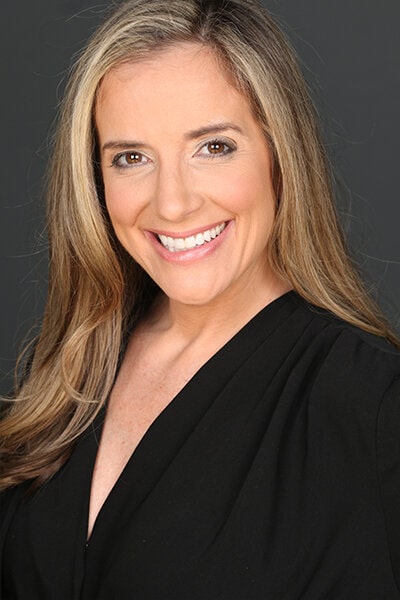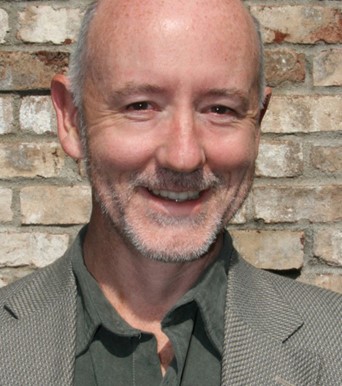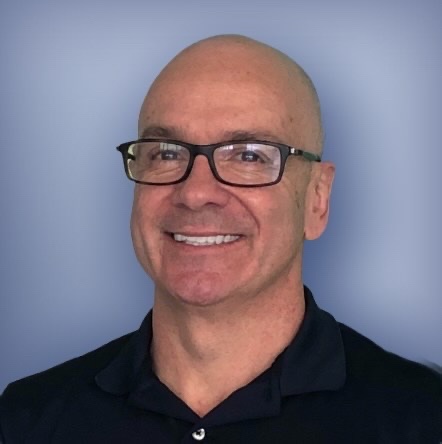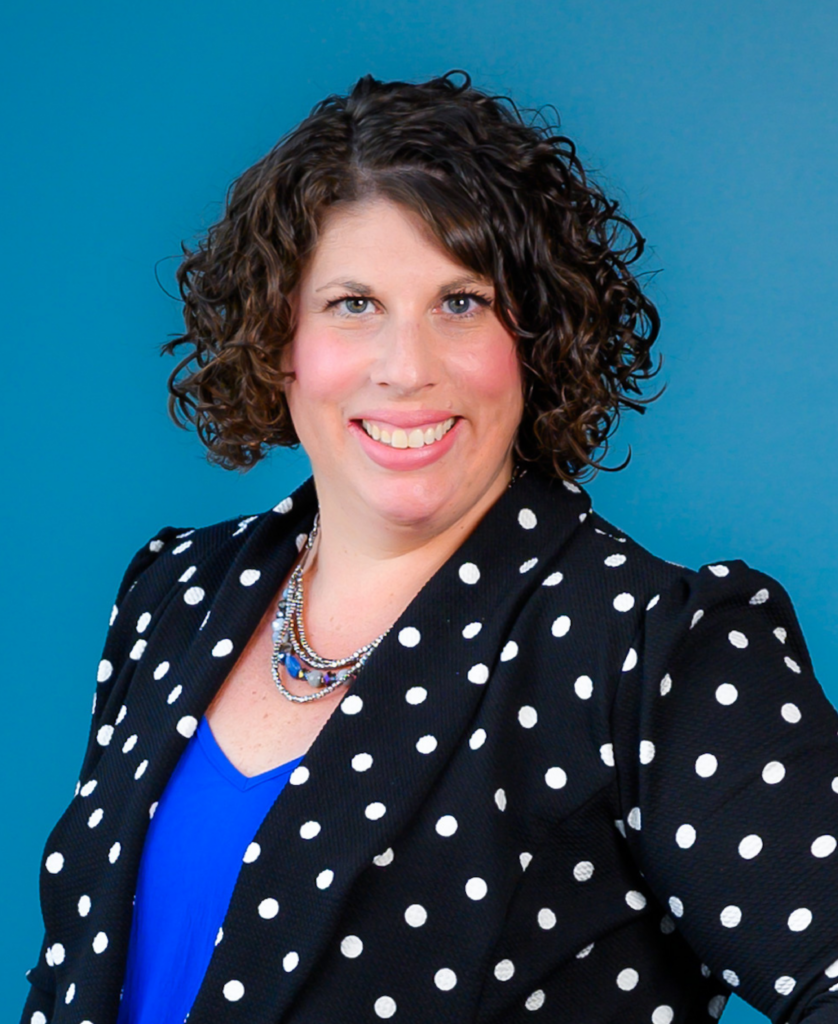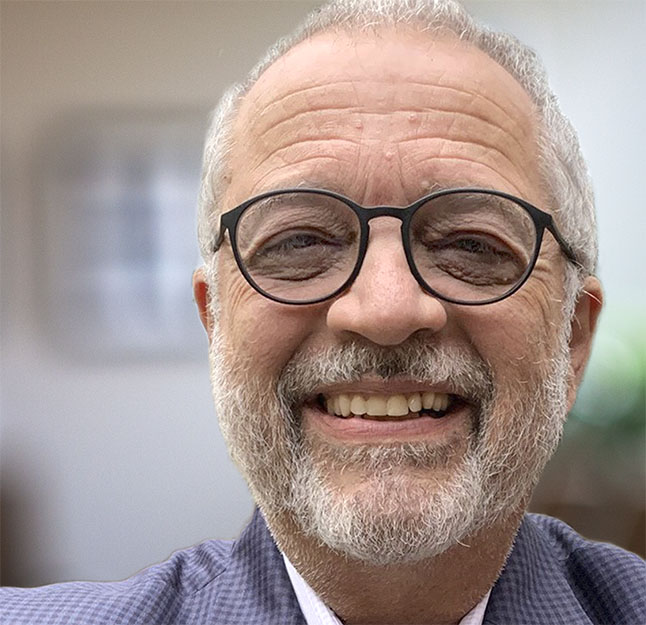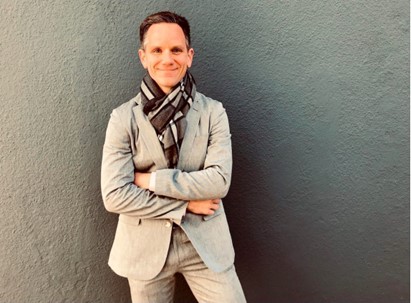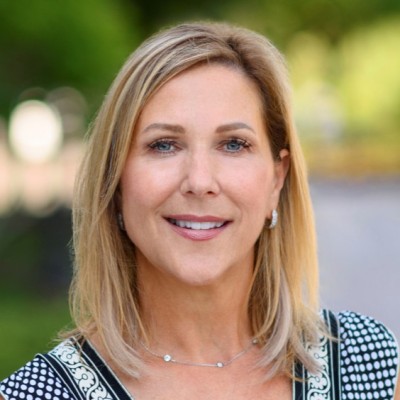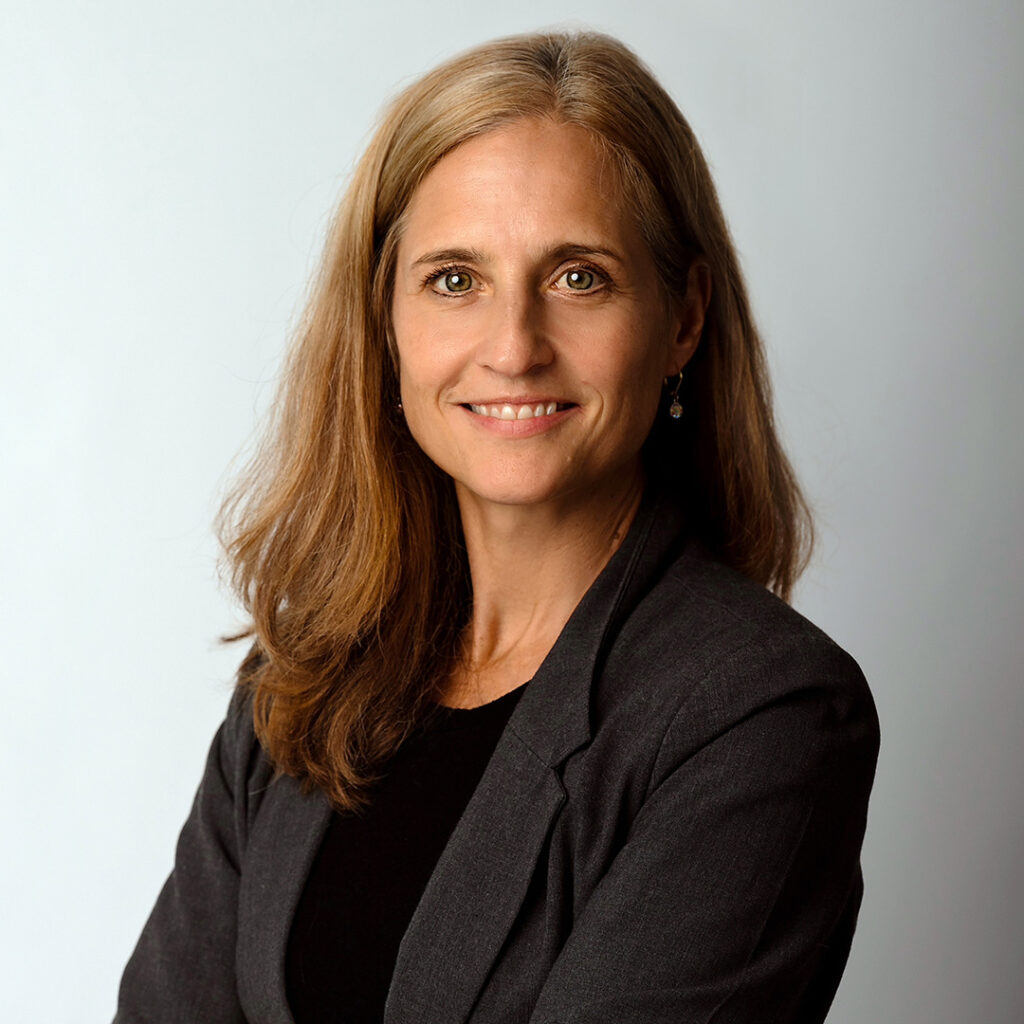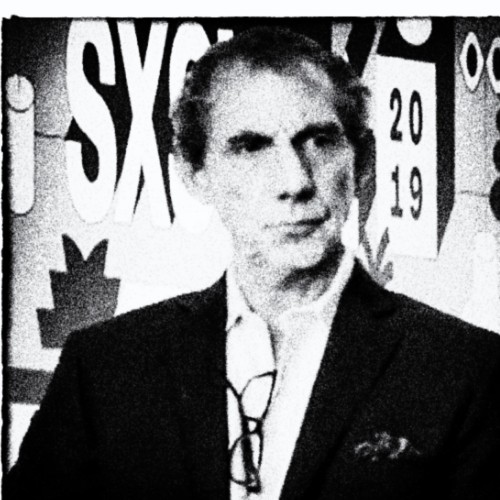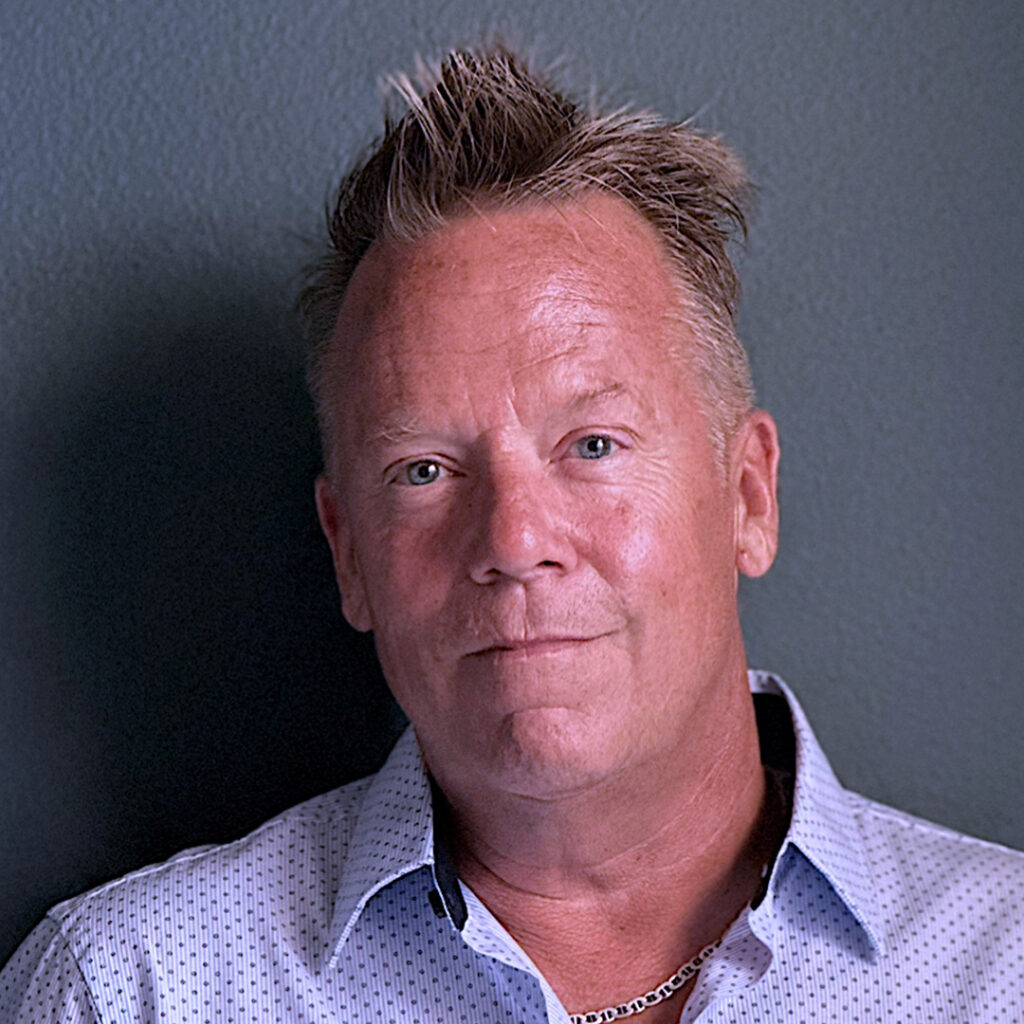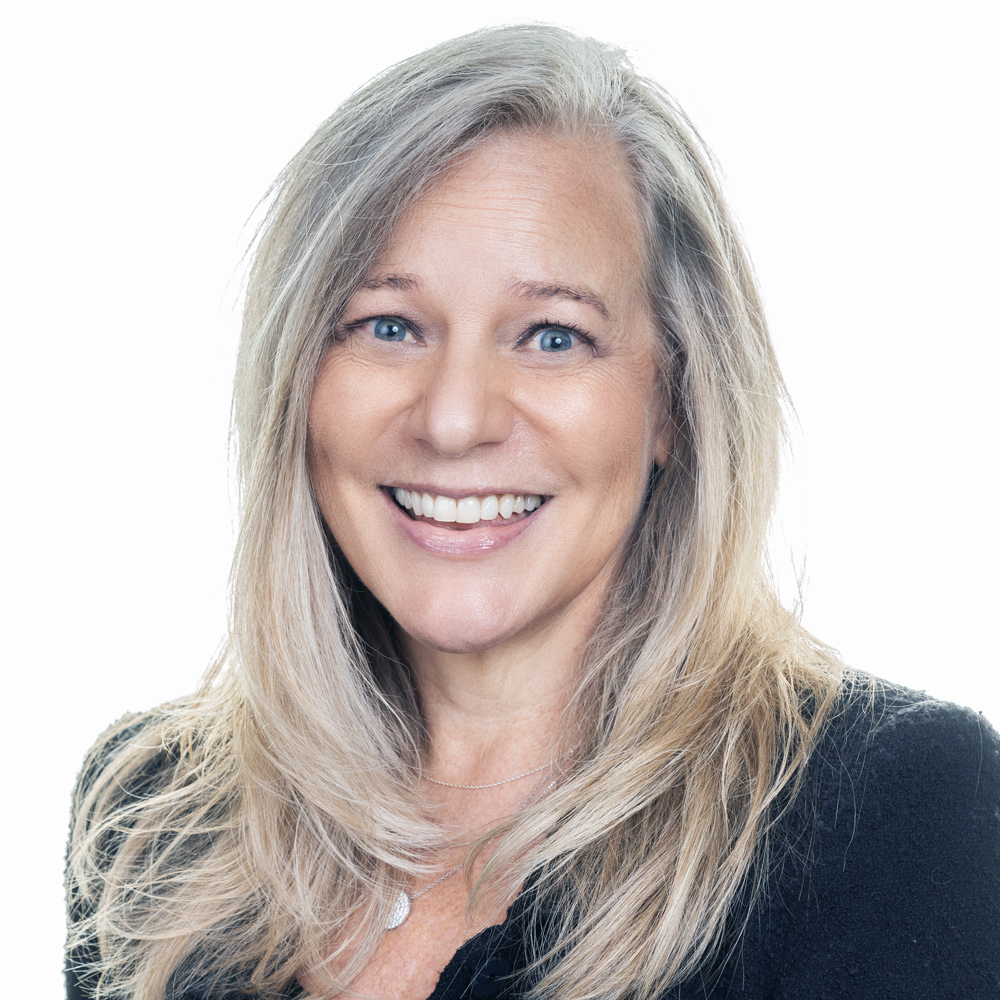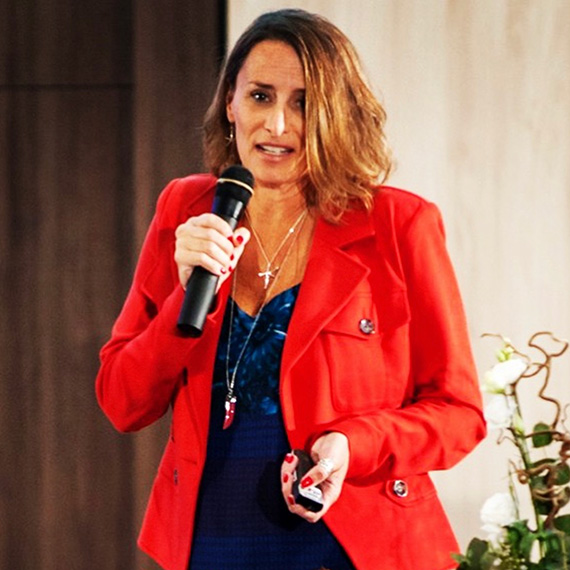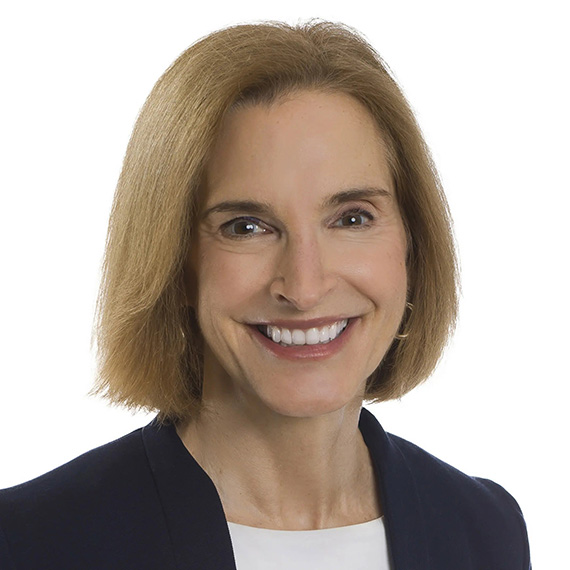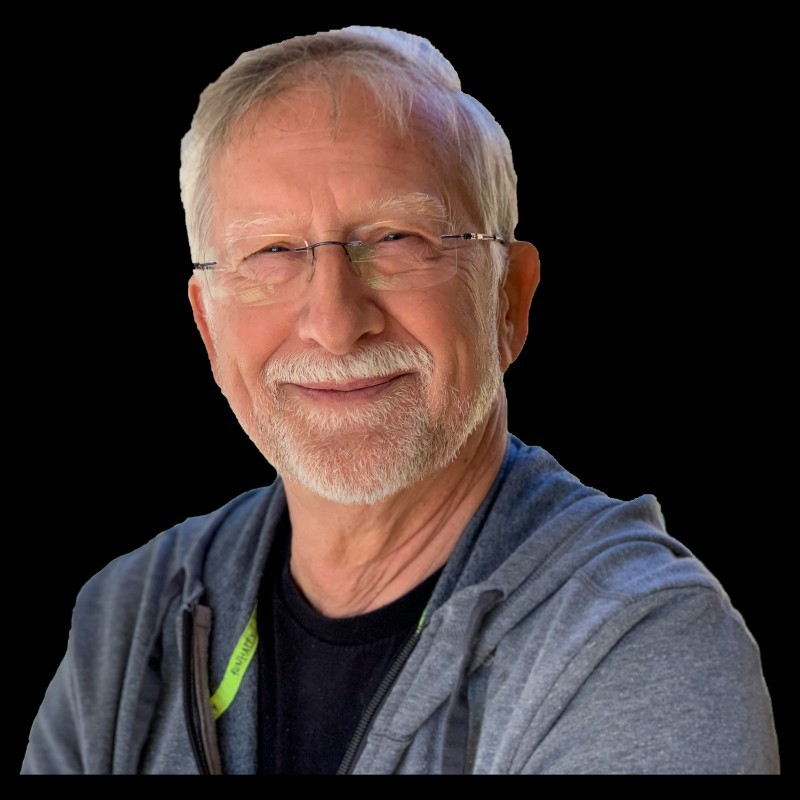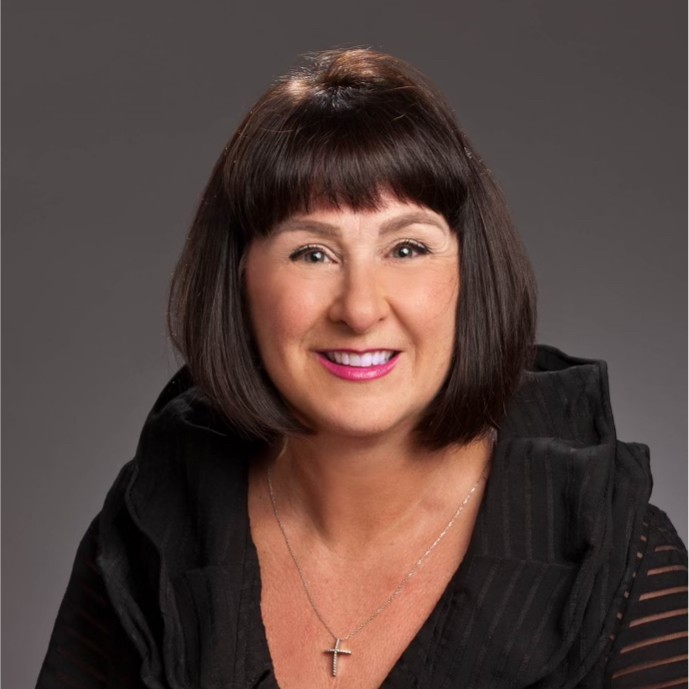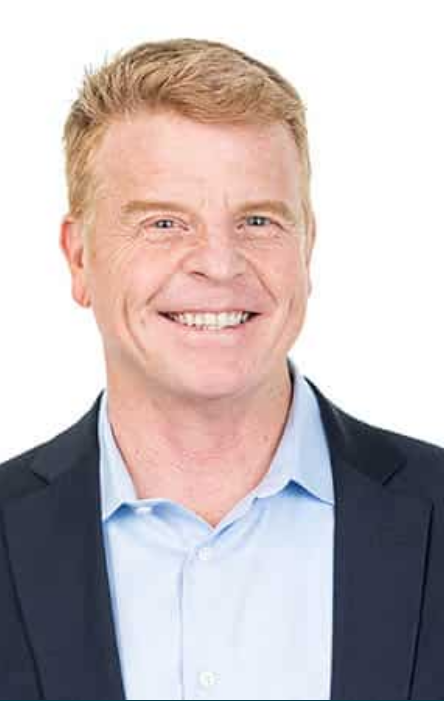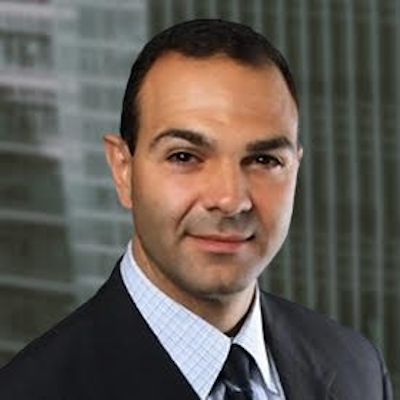In the Now Podcast: Episode 17
Join Nowspeed's CEO, David Reske, as he engages in discussions with founders, marketers, and CEOs from around the globe. Delving into the realm of marketing and leadership, aiming to unravel the myths and misunderstandings that often surround these topics.
Mike Synk CEO Consultant | Self-employed
How To Position Your Company In The Buying Process
Michael is the author of two books, “How to Create Customers as Loyal as Norm Peterson” and “Rock & Sand: A Practical Insight to Business Growth.” Before dedicating his life to helping CEOs and executives, he held several leadership positions at top companies.
Michael has been coaching mid market owners/CEOs and their leadership teams for over 20 years using the Rock & Sand Model.
“I make it simpler to think through your strategic plan and make it happen. The uncertainty you face diminishes while you confidently grow your business. I get quite excited for my clients when they come back to me in 90 days later and tell me about how much has changed and how everyone feels energized and that they are making a difference. That shift continues as the business evolves,” says Michael.
In the past year, Michael has added an online school to his traditional coaching offerings. The School of Rock & Sand offers classes on Strategy, Leadership, Customer Dynamics, Cash Flow, Talent Development, Teamwork, and Systems Thinking. Classes can be taken individually, and via a monthly subscription to the entire curriculum.
The School enables owner/CEOs additional coaching options that work well with the Do-It-Yourself leader and smaller organizations called Ride Along Coaching. It’s a hybrid model: learn content via the School with one on one coaching to make sure you get it right.
Listen to Michael’s interview with David Reske now!
Get a Free Marketing Analysis and Consultation
Nowspeed can review your Website, SEO, PPC, Email or Social Media Campaigns and identify ways to make an immediate impact!
Episodes
Want to be a guest on the show?
Episode Transcript
In the Now: Mike Synk
What really makes a buyer buy? The answer is far from as straightforward as leadership teams often think, says CEO Coach Michael Synk.
Read the interview snapshot and listen to the full conversation here.
Nowspeed: Hi, my name is Dave Reske and welcome to this edition of In the Now, where we focus on uncovering myths and misunderstandings of marketing leadership with some of the world’s most interesting people. And my guest today is Michael Synk; he’s a CEO coach in Memphis, Tennessee and will talk about the steps in the buying process. Michael is the author of two books, “How to Create Customers as Loyal as Norm Peterson” — which sounds like a great title — and “Rock & Sand: A Practical Insight to Business Growth.”
Before dedicating his life to helping CEOs and executives, he held several leadership positions at top companies. Michael has been coaching mid-market owners and CEOs and their leadership teams for over 20 years using his rock and sand model. And I can tell this is going to be a really interesting conversation, because we’re going to start by tackling some fundamental issues.
So, Michael, I like to start these conversations with asking you to smash a myth about your experience in coaching clients. Why do customers buy? Or, why do they make the decisions in the buying purchase that they do?
Michael: First, thanks for having me on the show. I’m glad you think I’m an interesting person! Well, I’m not so sure it’s a myth, but it seemed to be the case that when I first worked with mid-market clients or small clients that they spent a lot of time in their marketing and sales approach, talking about how great they are, or how good they are, or how they’re better than the competitors. And, of course, all of that is very important. You have to be working on being better than your competitors.
There’s an appropriate time to tell prospects when you’re better. But they’re not buying because you’re better at what you do. They’re buying because they have a problem that they are looking to solve; it’s not the obvious thing. Does that makes sense?
Nowspeed: Yeah, I think so. So it makes me wonder if, at certain phases of the buying process, buyers are comparing you to competitors and, at some point, they’re thinking about their core needs, but is that true in your experience? Or, do you think they’re always focused on their core needs and just compare you to their core needs, and that’s why they’re making the buying decision they do?
Michael: I think customers by default end up immediately trying to compare you to others and they get confused by that because often there’s not much difference. All the clients or all the sellers are saying the same thing, which is, “I’m better.” Now, how they’re better may be different but they are all saying I’m better than the other guy.
So, in the buying process, a customer is trying to make a decision and this works in the B2B world, definitely. And it certainly relates in the B2C world on the consumer product side. To talk about how much better you are doesn’t help them decide that it’s worth their time. So the first thing you’ve got to do is say things and talk about things that catch their attention so they say, “This guy can solve my problem. This guy understands me.”
So what needs to happen is — and I do this with my clients — you need to look at your core customers. Write them down on a piece on a flip chart, one page per client, not the company but the person. What is he responsible for? And then proceed through a series of questions like, What is his life like at work? Where is the pressure coming from at work? Who’s kicking his butt? What other pressures does he have in life? How fast is his work pace? Does he have the expertise to be able to do this?
You ask those questions. The interesting thing is my clients, even the new ones, they know this about their clients, but they’re not looking at this. They’re looking at purely demographics. They’re this big, they have this much money, and they have this specific problem that I’m good at solving, the specific technical problem, the obvious problem, the top-of-mind problem.
And they don’t look at what they know about the clients. Now, when you put five to 10 of them on a wall and these are your core customers. A core customer is someone that loves you and you love them. They’re not buying because of price, you got to be in the ballpark, but price is not going to be the issue. They pay on time. And they’re likely to tell someone else.
Now, when you get about five to 10 of them up there, a pattern emerges. And that’s why they’re buying. They’re in over their head on this technical issue. They don’t have the resources. Things are moving super fast and they’ve got more important things to do, than this thing. That’s what you got to get to. And that’s what you need to build your brand promise around.
Nowspeed: That’s super fascinating. I want to unpack a couple of those ideas because I’m sure you get into this with your clients all the time. So, we talked about the buyer wants to feel understood, they want to say, “Hey, this vendor, this product, they understand me.” And then you also say they want their core needs met. In your experience, is it more important for them to feel understood and connected? Or is it more important for them to feel like you’re meeting their core needs? Or is it not an either or both? Which is more important?
Make sure to watch the full conversation here.

